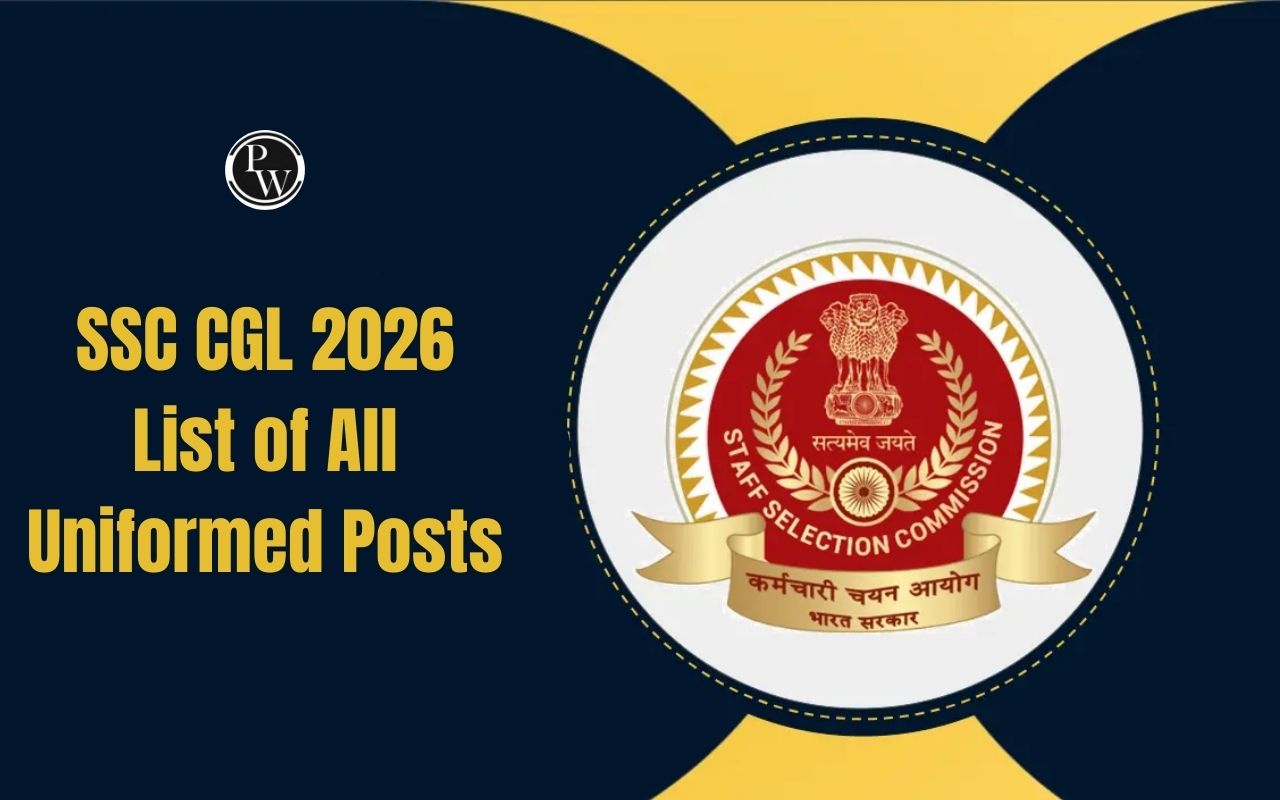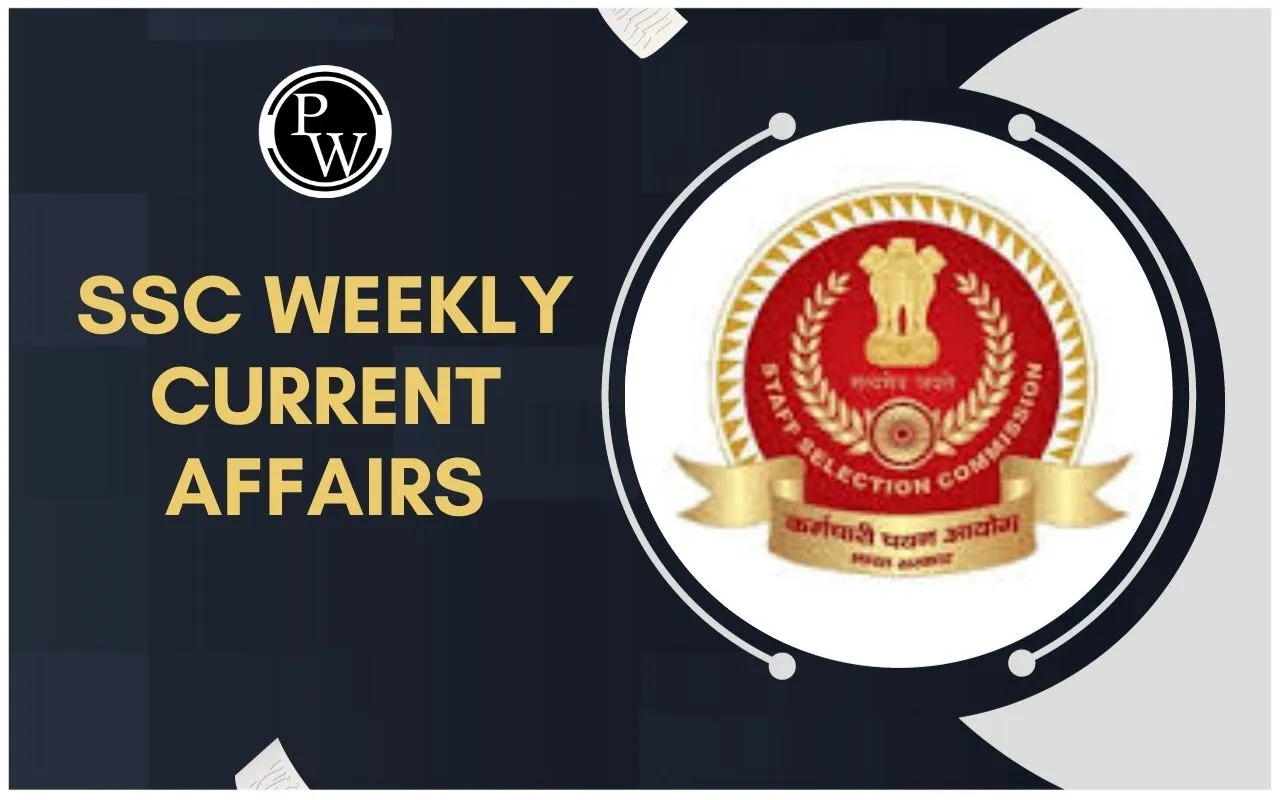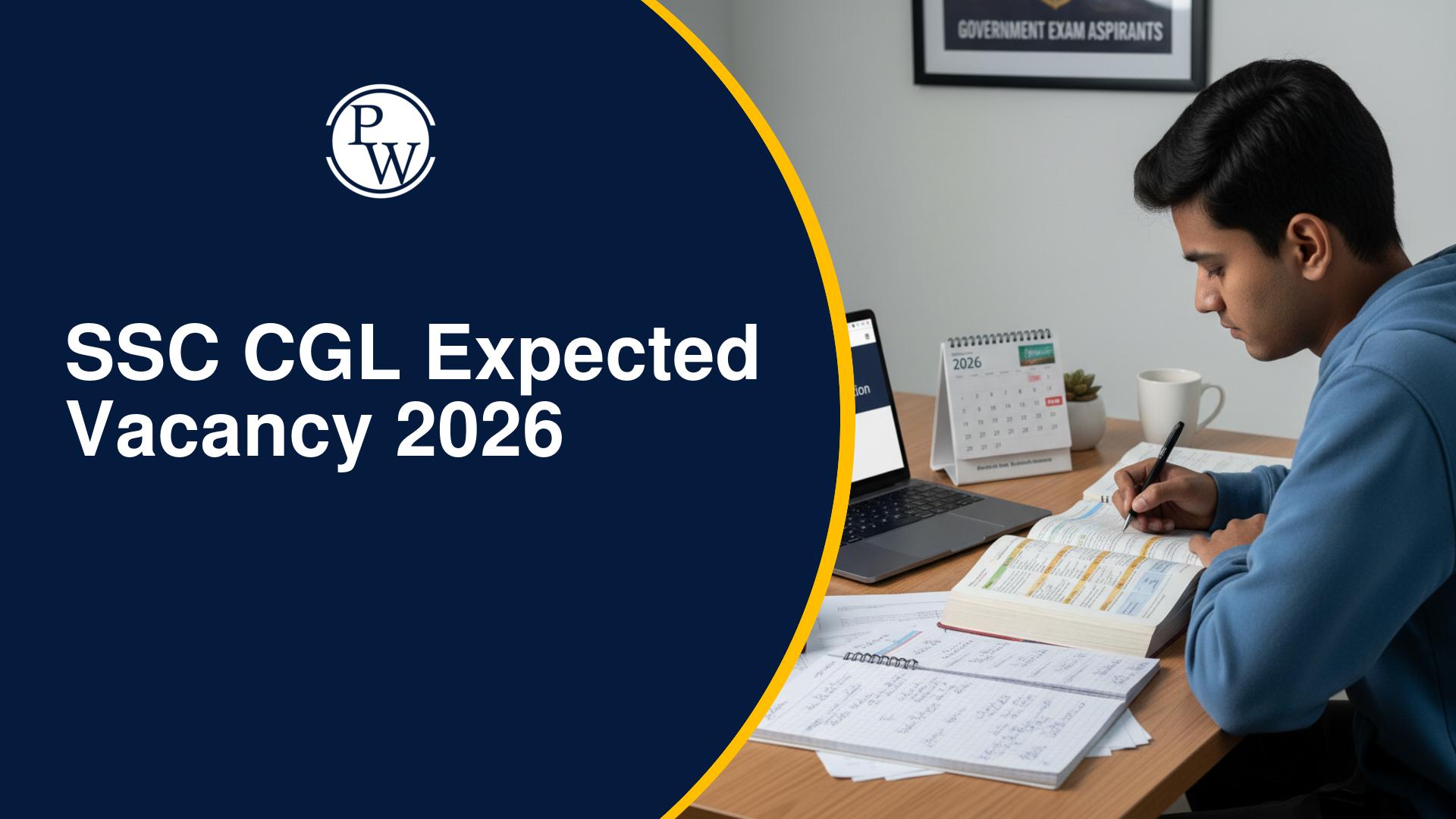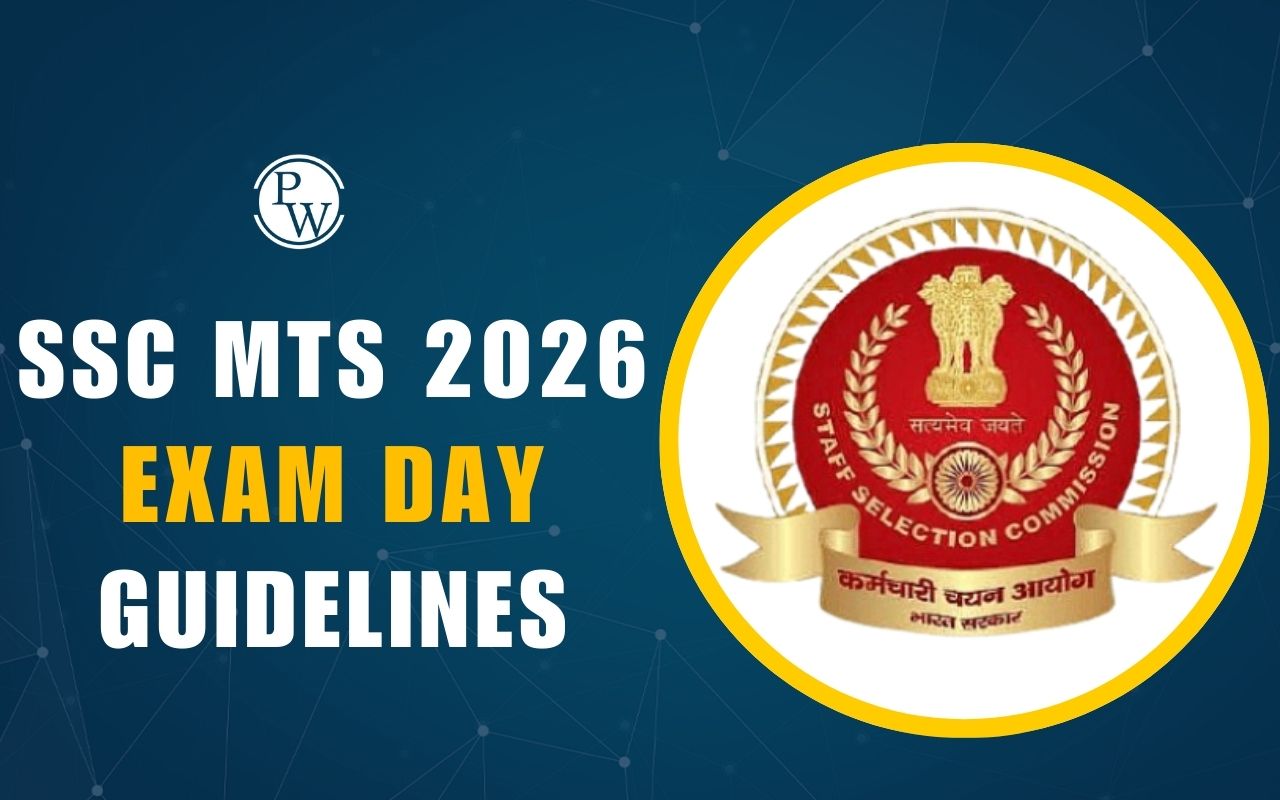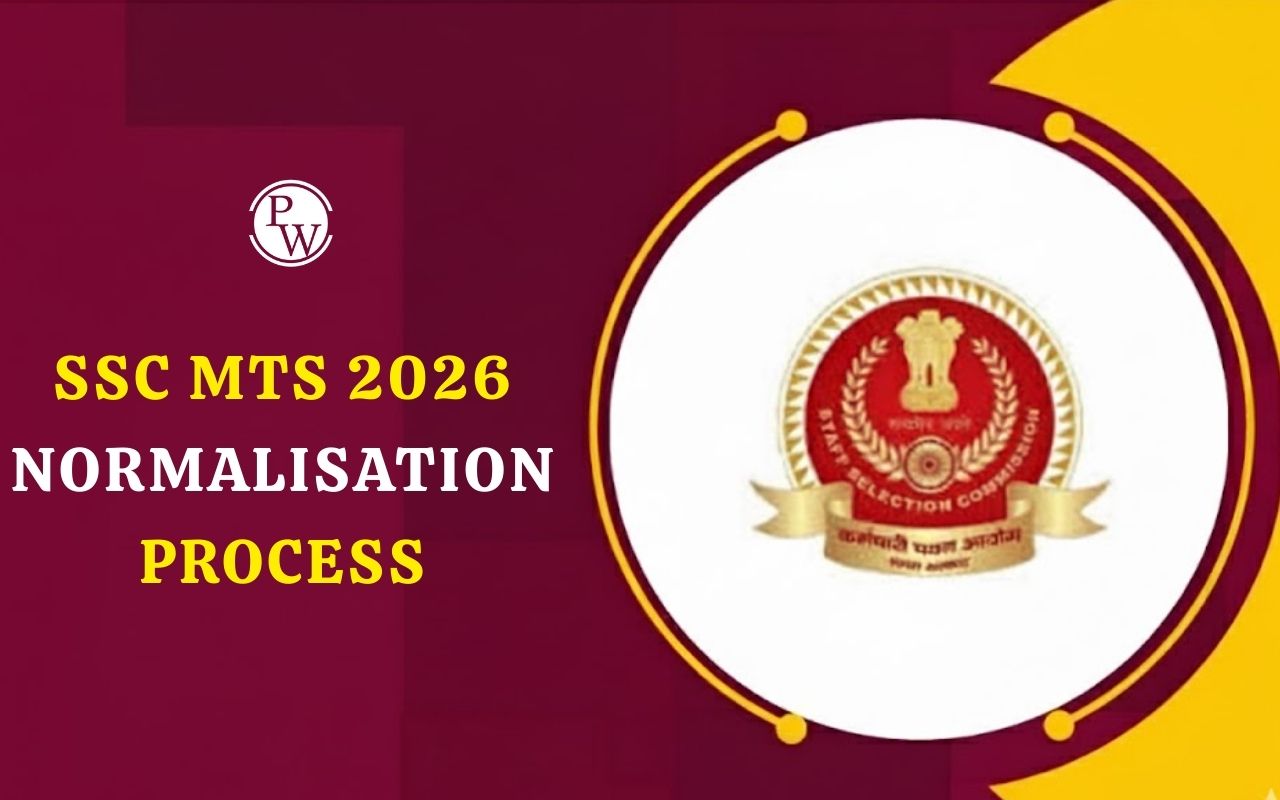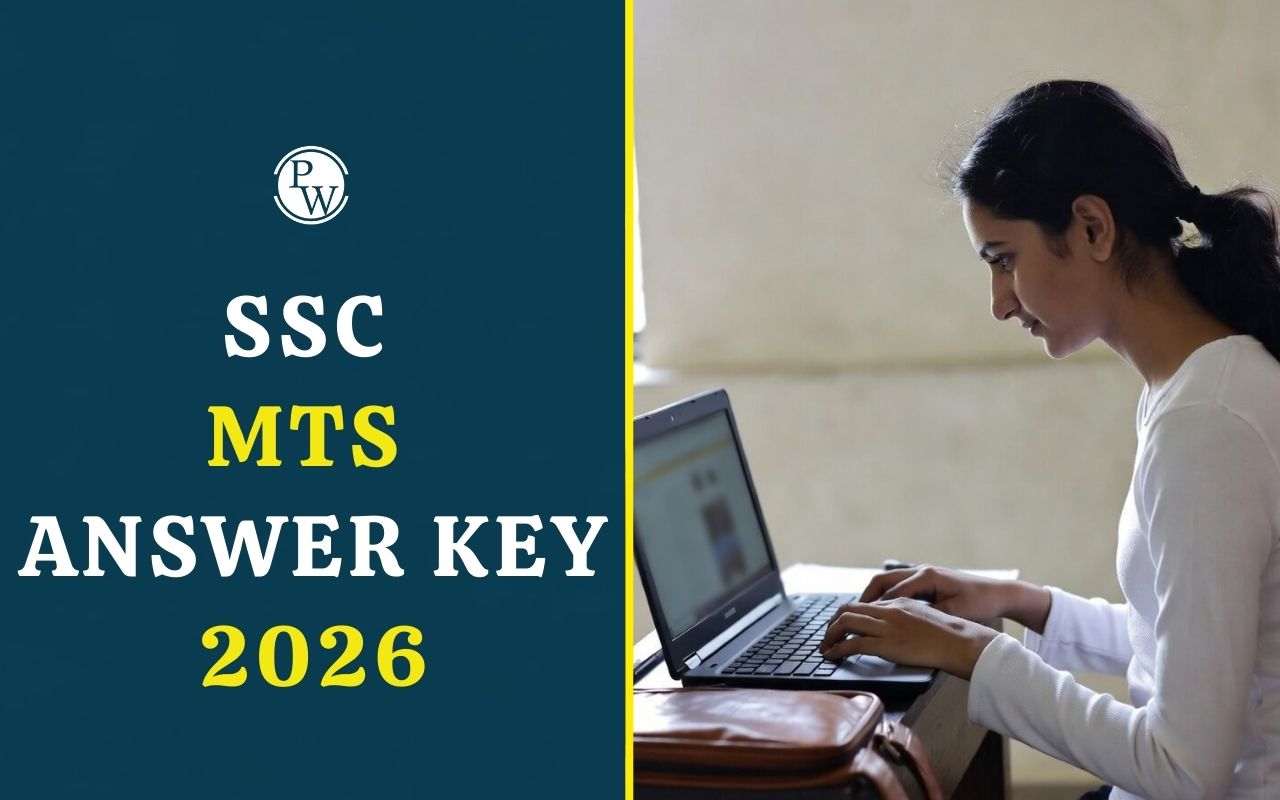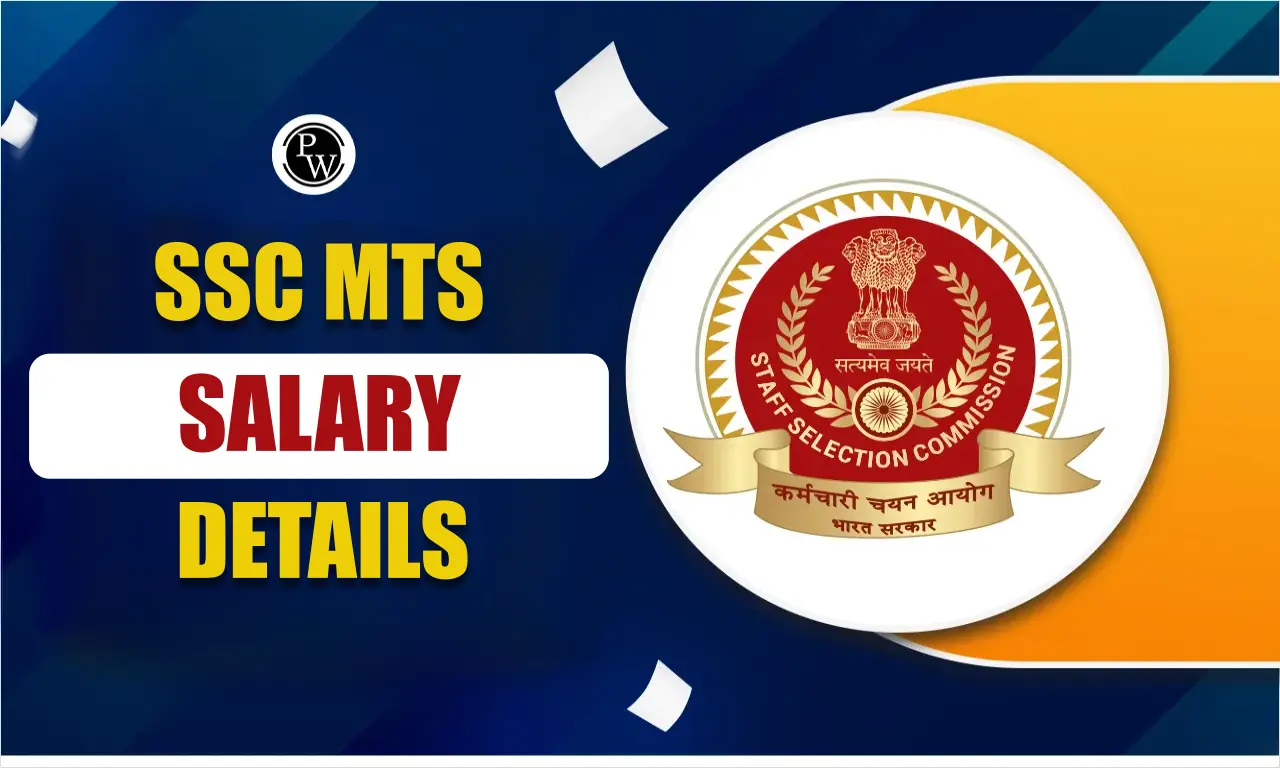
How to Prepare English for SSC Exams: Preparing for the English section of SSC exams can be a manageable task if approached systematically. This article breaks down the process into simple steps and key areas you need to focus on to ace the English section. Check details regarding How to Prepare English for SSC Exams below.
How to Prepare English for SSC Exams
Preparing for SSC exams involves mastering grammar, expanding vocabulary, comprehension skills, and practicing writing. Start by understanding the exam syllabus thoroughly. Create a structured study plan that allocates time for each section grammar, vocabulary, comprehension passages. Regularly practice with mock tests and previous years' papers to familiarize yourself with the exam format and time management. Use quality study materials and online resources for additional practice. Stay motivated by setting achievable goals and tracking your progress. With dedication and consistent effort, you can effectively prepare for the English section of SSC exams.Understanding the Syllabus
Before starting preparation, it's crucial to understand the syllabus. The English section of SSC exams generally covers several areas. Grammar is a major component, including parts of speech, tense, voice, narration, subject-verb agreement, articles, prepositions, and conjunctions. Vocabulary is another critical area, encompassing synonyms, antonyms, one-word substitutions, idioms and phrases, and spelling. Comprehension involves reading passages and answering questions based on them, testing your ability to understand and interpret written material. Below table outlines the core components of the SSC English syllabus, focusing on grammar rules, vocabulary expansion, comprehension skills.| SSC Exams English Syllabus | |
|---|---|
| Section | Topics Covered |
| Grammar | Parts of speech, tenses, voice (active/passive), narration, subject-verb agreement, articles, prepositions, conjunctions, sentence structure. |
| Vocabulary | Synonyms, antonyms, one-word substitutions, idioms and phrases, spelling rules. |
| Comprehension | Reading passages, understanding main ideas, identifying details, making inferences. |
Creating a Study Plan
A structured study plan is vital for effective preparation. Allocate specific times for each topic and stick to your schedule. For instance, you might focus on Grammar basics during the first two weeks, then spend the next two weeks enhancing your Vocabulary. In the fifth week, concentrate on practicing Comprehension passages. Use the sixth week for review and mock exams. This systematic approach ensures that you cover all areas thoroughly and have time to revise and practice.SSC Exams Grammar Section
Parts of Speech: Understanding the basic parts of speech is fundamental. Nouns, pronouns, adjectives, verbs, adverbs, prepositions, conjunctions, and interjections each play a distinct role in sentence construction. Knowing how these elements function and interact is essential for mastering English grammar.
Tenses: Mastering the twelve tenses in English is crucial. Each tense has a specific form and usage, and practicing forming sentences in each tense helps solidify your understanding. Knowing when and how to use each tense correctly is vital for both written and spoken English.
Voice: Voice refers to the relationship between the subject and the action. Learning the rules for converting sentences from active to passive voice and vice versa is important, as this skill is often tested in sentence correction and rephrasing questions.
Narration: Narration involves direct and indirect speech. Understanding how to change direct speech into indirect speech and vice versa is essential. This requires a good grasp of reporting verbs, changes in pronouns, and shifts in tense.
Subject-Verb Agreement: Subject-verb agreement is about ensuring that the verb in a sentence matches the subject in number and person. Learning the rules of subject-verb agreement helps avoid common errors in sentence construction, which is critical for sentence correction questions.
Articles, Prepositions, Conjunctions: Articles (a, an, the), prepositions (in, on, at, etc.), and conjunctions (and, but, or, etc.) are small but significant words that connect and clarify sentences. Studying their correct usage is crucial for error-spotting and fill-in-the-blanks questions.
SSC Exams Vocabulary Section
Synonyms and Antonyms: A strong vocabulary is essential for the SSC exams. Regularly practicing lists of synonyms (words with similar meanings) and antonyms (words with opposite meanings) can enhance your vocabulary. Using flashcards or mobile apps can make this practice more engaging and effective.
One-Word Substitutions: One-word substitutions are often tested in exams. These involve replacing a phrase with a single word. Learning common one-word substitutions can help you tackle these questions confidently.
Idioms and Phrases: Idioms and phrases add color to the language and are frequently used in questions. Familiarizing yourself with common idioms and phrases, understanding their meanings, and learning their correct usage is essential.
Spelling: Correct spelling is crucial for all sections of the English exam. Practicing spelling rules and commonly misspelled words can help you in cloze tests and fill-in-the-blanks questions, where precision is key.
SSC Exams Comprehension Section
Reading Passages: Reading comprehension tests your ability to understand and interpret written material. Regularly practicing reading passages and answering related questions helps you develop this skill. Focus on understanding the main idea, supporting details, and making inferences from the text.
Skimming and Scanning: Skimming and scanning are essential reading techniques. Skimming involves quickly going through the text to get the general idea, while scanning involves looking for specific information. Developing these skills helps you read more efficiently and answer questions accurately.
Answering Techniques: Different types of comprehension questions require different approaches. Practice answering multiple-choice, true/false, and descriptive questions. Learn to identify keywords in the questions and locate the corresponding information in the passage. This skill is crucial for answering questions quickly and correctly.
Practice and Revision for English Section for SSC Exams 2024
Regular Practice: Consistent practice is key to mastering the English section. Daily practice helps reinforce what you've learned and improves your confidence. Solve previous years’ papers and take mock tests to get a feel of the actual exam environment.
Self-Assessment: After each practice session, assess your performance. Identify your strengths and weaknesses, and focus on improving the weak areas. Self-assessment helps you track your progress and adjust your study plan as needed.
Time Management: Time management is crucial during the exam. Practice solving questions within the allotted time to ensure you can attempt all questions. Developing a strategy for time management helps you stay calm and focused during the exam.
Review and Revise
Regularly review and revise the topics you have studied. This reinforces your learning and keeps the information fresh in your mind. Schedule revision sessions in your study plan to ensure you don't forget what you've learned.Resources for English Section for SSC Exams 2024
Books: Invest in good study materials recommended for SSC English preparation Books cover all essential topics and provide plenty of practice questions.
Online Resources: Use online resources like educational websites, YouTube channels, and mobile apps for additional practice and explanations. These resources often provide updated content, interactive exercises, and video tutorials that can aid your preparation.
Coaching and Study Groups: If self-study is challenging, consider joining a coaching class or a study group. Interacting with peers and teachers can provide new insights, clarify doubts, and keep you motivated. Study groups can also help in discussing and solving complex problems.
Staying Motivated For the SSC Exams 2024
Set Goals: Set small, achievable goals and reward yourself when you meet them. This can keep you motivated throughout your preparation. Break down your study plan into manageable tasks and celebrate your progress.
Take Breaks: Ensure you take regular breaks to avoid burnout. Short breaks between study sessions can enhance productivity and keep your mind fresh. Use this time to relax and recharge.
Stay Positive: Stay positive and confident. Believe in your preparation and stay focused on your goal. Maintaining a positive mindset helps you overcome challenges and stay motivated throughout your preparation journey.
How to Prepare English for SSC Exams FAQs
What are the key areas to focus on in the English section of SSC exams?
How should I create a study plan for SSC English preparation?
What resources should I use for SSC English preparation?

